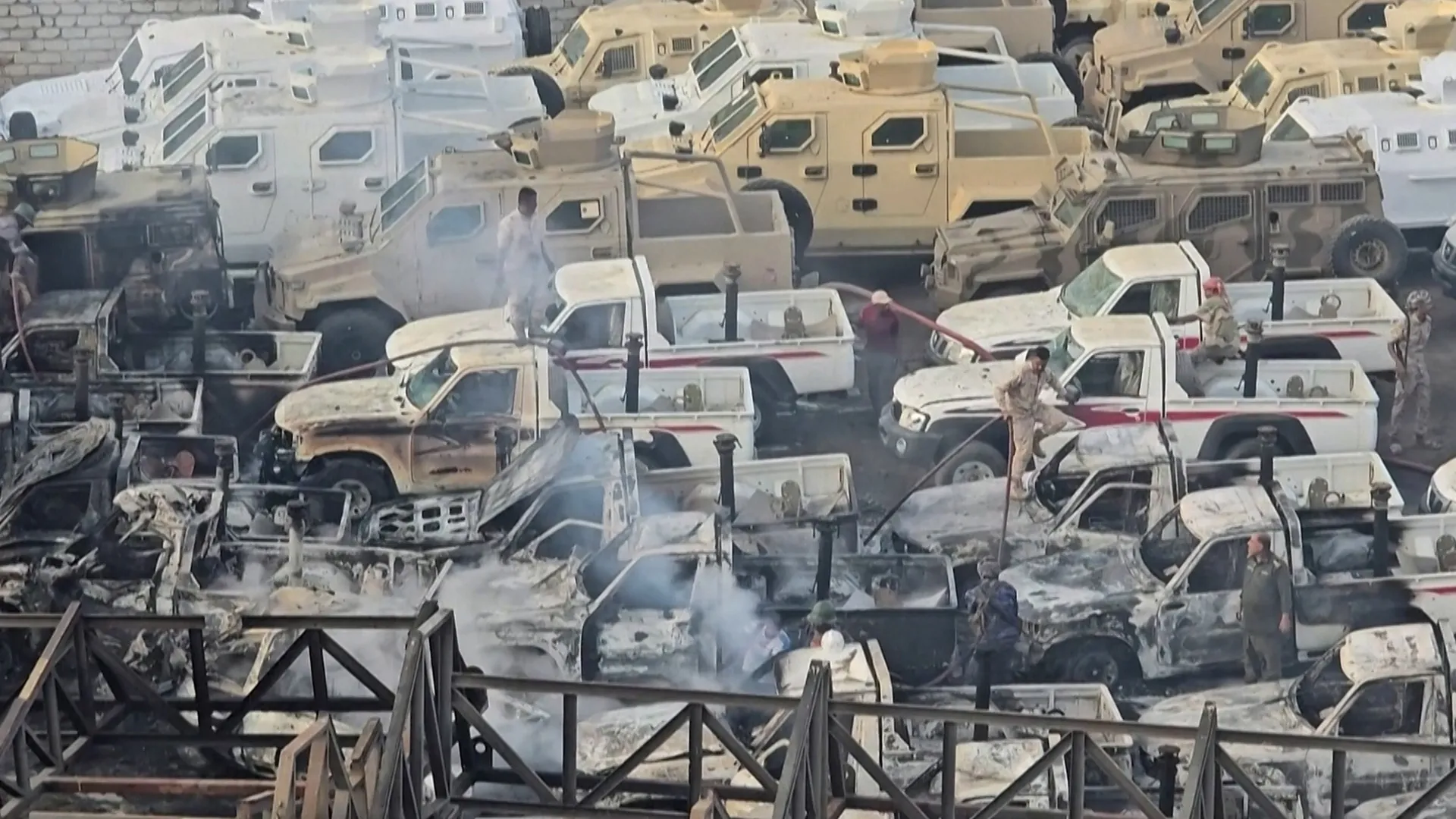UAE to withdraw ‘counterterrorism’ units from Yemen after Saudi-led strike | Newsfeed
The UAE says it’s withdrawing all ‘counterterrorism’ units from Yemen after a Saudi-led coalition launched air strikes on a port in southern Yemen. Riyadh has accused the Emiratis of shipping weapons and military vehicles to aid Yemen’s separatist movement, an accusation Abu Dhabi denies.
Published On 30 Dec 2025
